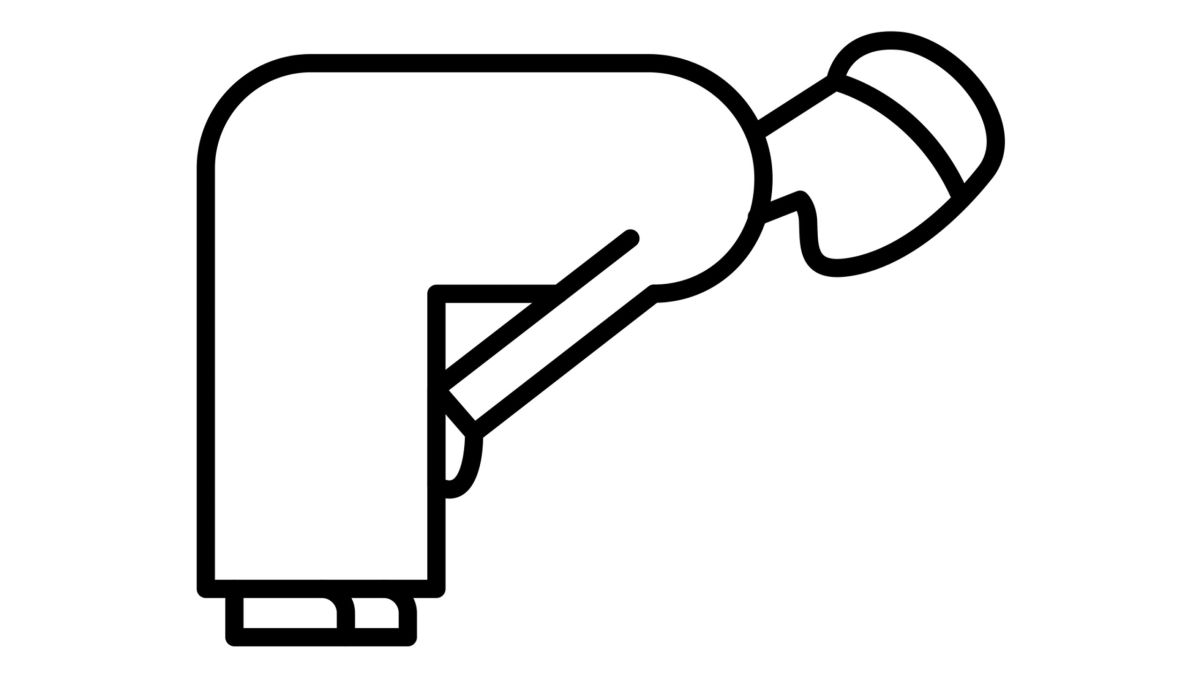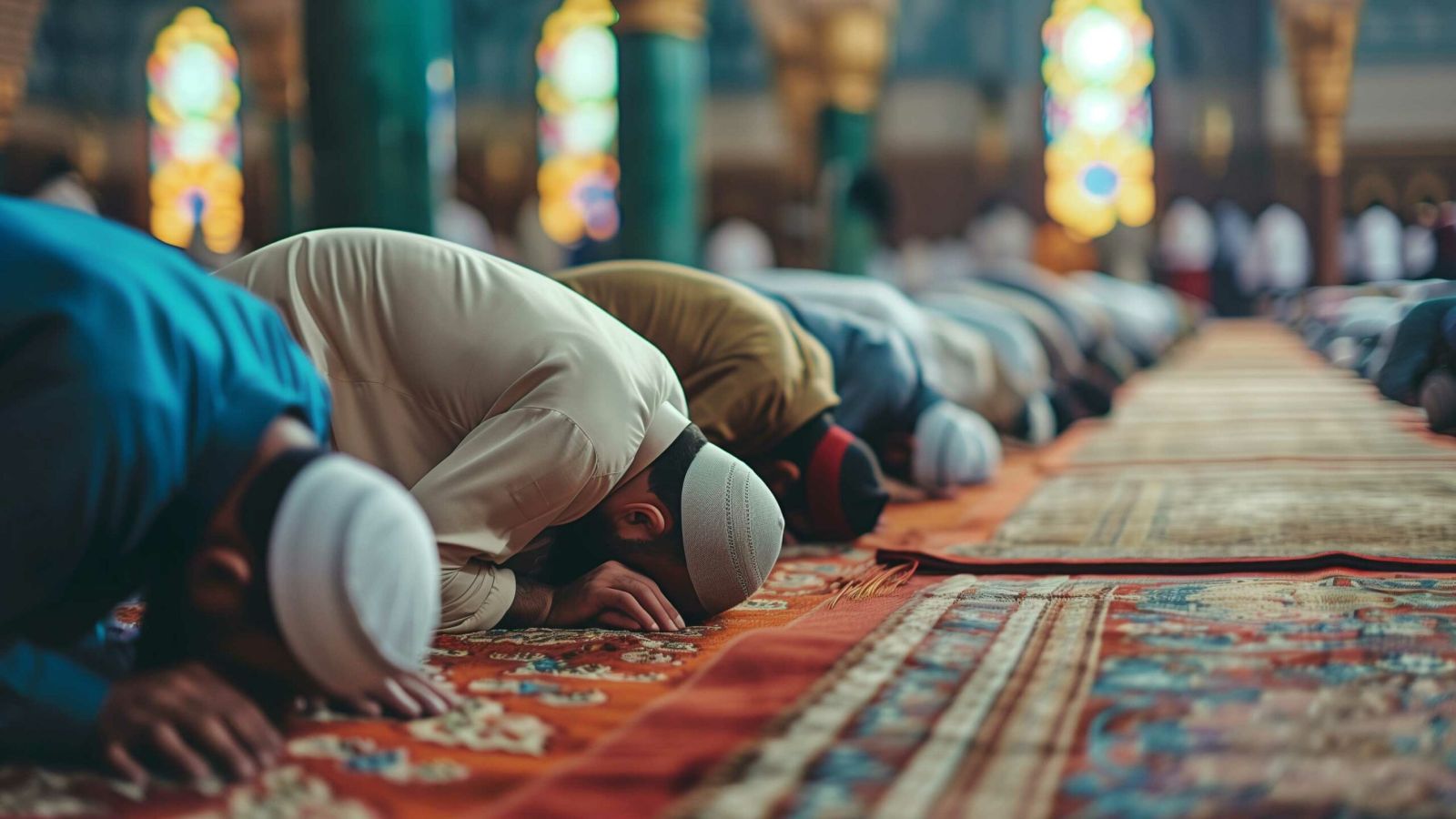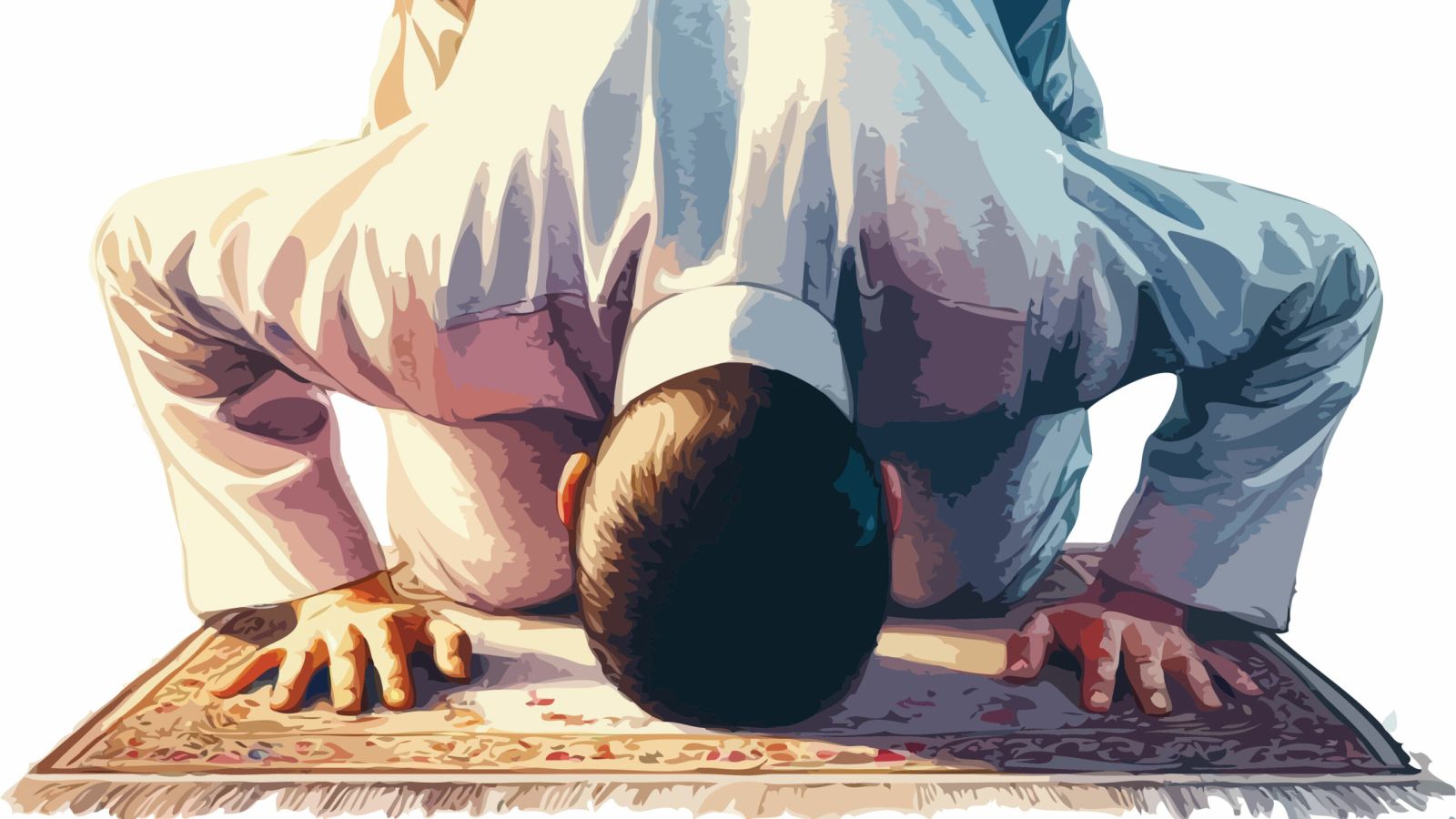The Invocations of Rukūʿ- Bowing in Prayer
Imām Muḥamad ibn Ṣāliḥ al-ʿUthaymīn


Saying “Subḥana Rabbī al-ʿAẓīm” (Exalted be my Lord, the Most Great) in Rukūʿ and Its Meaning
When performing rukū, the praying person should say:
سبحان ربي العظيم
Subḥana Rabbī al-ʿAẓīm
Exalted be my Lord, the Most Great
The meaning of the word ‘سبحان’ is to negate from Allāh all that is inappropriate or unsuitable. The aspects deserving of negation in this regard are several. They include:
- Deficiency of all kinds.
- Deficiency in an attribute of perfection.
- Resemblance to the creation. Although this may also be delineated under the second category.
Negating General Deficiency
Regarding the first (category of negation), Allāh—the Exalted in Might—must never be associated with ignorance, inability, weakness, death, sleep, or the likeness of such attributes.
Negating Deficiency in Attributes of Perfection
As for the second category (of negation), Allāh may not be associated with languidness or fatigue in the execution of any of His actions. As the Most High said:
وَلَقَدْ خَلَقْنَا السَّمَاوَاتِ وَالْأَرْضَ وَمَا بَيْنَهُمَا فِي سِتَّةِ أَيَّامٍ وَمَا مَسَّنَا مِن لُّغُوبٍ
“And indeed We created the heavens and the earth and all between them in six Days and nothing of fatigue touched Us.”
(Qāf, 50:38)
There should be no doubt that the ability to create with complete capability represents perfection. Insofar as the creation’s execution of those acts is concerned, both are amenable to fatigue and tiredness. For example, among the creation are those able to manufacture a door, a vessel, or construct a building. However, all these acts must be accompanied by some form of fatigue and exhaustion which represents imperfection. Contrarily, the Lord—Exalted in Might—is above being associated with weariness, fatigue, or exhaustion, even in relation to His creation of the largest and most complex of creations like the sky and the earth in a short span of time.
Negating Resemblance to the Creation
As for the third category (of negation), resemblance to the creation is a form of attributing clear deficiency to Him. This is because the attempt to combine that which is perfect with that which is deficient is a means towards attributing deficiency to the Perfect (One). Rather, even comparing the perfect to the deficient indicates deficiency. As the poet said: “Do you not see that the ability of the sword is made deficient should it be said: “This sword is even sharper than a stick”. To clarify this, if you were to say: ‘I have a strong iron sword that is sharper than this stick’, then anyone hearing this statement will immediately understand that such a sword is nonetheless quite dull and weak. As your statement ‘sharper than a stick’ indicates that the sword is likely quite useless, nothing to be overly concerned regarding.
The Meaning of Rabbī al-Aẓīm (The Lord, the Most Great)
Rabbī al-Aẓīm (ربي العظيم) meaning ‘my Lord, the Most Great’. This greatness applies to His Essence and all His attributes. For the essence of Allāh is greater than everything in existence as the Most High said:
يَوْمَ نَطْوِي السَّمَاءَ كَطَيِّ السِّجِلِّ لِلْكُتُبِ ۚ كَمَا بَدَأْنَا أَوَّلَ خَلْقٍ نُّعِيدُهُ ۚ وَعْدًا عَلَيْنَا ۚ إِنَّا كُنَّا فَاعِلِينَ
“And (remember) the Day when We shall roll up the heavens like a scroll rolled up for books, as We began the first creation, We shall repeat it, (it is) a promise binding upon Us. Truly, We shall do it.”
(Al-Anbiyāʾ, 21:104)
The action of rolling up a scroll for a book is quite an easy task. For example, if a person was to write a contract and then fold the paper, it would be quite easy for him to do so. The Exalted in Might also said:
وَمَا قَدَرُوا اللَّهَ حَقَّ قَدْرِهِ وَالْأَرْضُ جَمِيعًا قَبْضَتُهُ يَوْمَ الْقِيَامَةِ وَالسَّمَاوَاتُ مَطْوِيَّاتٌ بِيَمِينِهِ ۚ سُبْحَانَهُ وَتَعَالَىٰ عَمَّا يُشْرِكُونَ
“They made not a just estimate of Allāh such as is due to Him. And on the Day of Resurrection the whole of the earth will be grasped by His Hand and the heavens will be rolled up in His Right Hand. Glorified is He, and High is He above all that they associate as partners with Him!”
(Al-Zumar, 39:67)
And the likeness of the seven heavens and seven earths in the palm of the Most Merciful is like a mustard seed in the palm of one of the creation.1
As for the greatness attributable to His attributes, then there is no need to even enquire regarding it. For all of His attributes are at the very pinnacle of greatness, as the Most High said:
وَلِلَّهِ الْمَثَلُ الْأَعْلَىٰ ۚ وَهُوَ الْعَزِيزُ الْحَكِيمُ
“And for Allāh is the highest description. And He is the Almighty, the All-Wise.”
(Al-Naḥl, 16:60)
The Wisdom Behind Saying Subḥana Rabbī al-ʿAẓīm in Rukūʿ
This statement of the praying person in rukūʿ negates all deficiency from Allāh, the Glorified, the Most High, whilst simultaneously affirming two attributes of perfection: Lordship and Almightiness (Rabb, al-ʿAẓīm). Therefore, this statement of remembrance combines Allāh’s glorification with the negation of all deficiency from Him while testifying to His greatness. This statement acts as a means of recognising Allāh’s greatness verbally, whilst the rukūʿ that is being performed simultaneously acts as an acknowledgement of His greatness physically. In this way, the one performing rukūʿ has acknowledged Allāh’s greatness, verbally and physically at the same time. For this reason, the Prophet (صلى الله عليه وسلم) said: “Indeed, I have been forbidden from reciting the Qurʾān in either the rukūʿ or sujūd (prostration). As for the rukūʿ, utilise it to acknowledge the Lord’s greatness”.2 The wisdom behind this is that the Qurʾān is considered the most revered and honoured form of remembrance. It is therefore inappropriate to recite it while in a position of prostration. Rather, it is more deserving of being recited while a person is standing.
The Number of Times Subḥana Rabbī al-ʿAẓīm Should be Said
As for the number of times this statement should be said while in rukūʿ, it is obligatory to say it at least once, and saying it more than once is considered Sunnah.
Other Invocations of Rukūʿ
As for saying more than this statement while in rukūʿ, for example adding ‘wa bi-ḥamdih (وبحمده)’ to the end, it should not be said according to the most famous opinion of the Ḥanbalī madh`hab. Their position is that it is better to confine oneself to saying Subḥana Rabbī al-ʿAẓīm only, rather than adding “wa bi-ḥamdih” to the end. However, the correct opinion is that it has been legislated to say this addition on occasion, as this has been narrated in the Sunnah. Furthermore, Imām Aḥmad has also stated explicitly that this statement should be said accompanied by this addition at times, as narrated in the Sunnah.3 Thus, a person should sometimes say ‘Subḥana Rabbī al-ʿAẓīm’ only, and other times say it with the ‘bi-ḥamdih’ addition.
In the rukūʿ, a person may also say:
‘سُبحَانَكَ اللَّهُمَّ وَبِحَمْدِكَ اللَّهُمَ اغْفِرْ لِي
Subḥānaka Allāhumma wa-bi-ḥamdika, Allāhumma Igfirlī
Exalted and praise belong to You O Allāh. O Allāh! Forgive me
as narrated in the Sunnah from the ḥādīth of Āʾishah (رضي الله عنها) that the Prophet (صلى الله عليه وسلم) used to say this invocation.
Additionally, a person may also say:
سُبُّوحٌ قُدُّوسٌ رَبُّ المَلَائِكَةِ وَالرُّوح
Subbūḥun Quddūsun Rabb-ul-Malāʾikati war-Rūḥ
Glorified and Holy, the Lord of the angels and the Spirit (Jibrīl)
as authentically narrated from the Prophet (صلى الله عليه وسلم).4
[Q]: Should these other invocations be said in addition to ‘سبحان ربي العظيم’ always or only on occasion?
[A]: This is a matter in which there is more than a single possibility. For example, one should choose only one from among the various opening invocations that are said after the takbīrat al-iḥrām (takbīr of impermissibility; i.e., the first takbīr of the ṣalāh) and not say all of them; rather, he should say this one sometimes and a different one at other times. Conversely, with regards to the invocations narrated in the rukūʿ, one may say all of them in a single rukūʿ according to the overarching view of the scholars.
Endnotes:
[1] As narrated from Ibn ʿAbbās (رضي الله عنه). See Tafsīr al-Tabarī 20:246 and al-Sunnah: 1090 by ʿAbdullāh ibn Aḥmad
[2] Authentic: narrated by Muslim: 479.
[3] Authentic: narrated by Abū Dāwūd: 870 and graded authentic by Shaykh al-Albānī in al-Sirāj al-Munīr: 1219.
[4] Authentic: narrated by Muslim: 487.
Source: Al-Sharḥ al-Mumtiʿ 3: 91-96
Translated by: Riyāḍ al-Kanadī
Most Popular: Last 30 Days

















